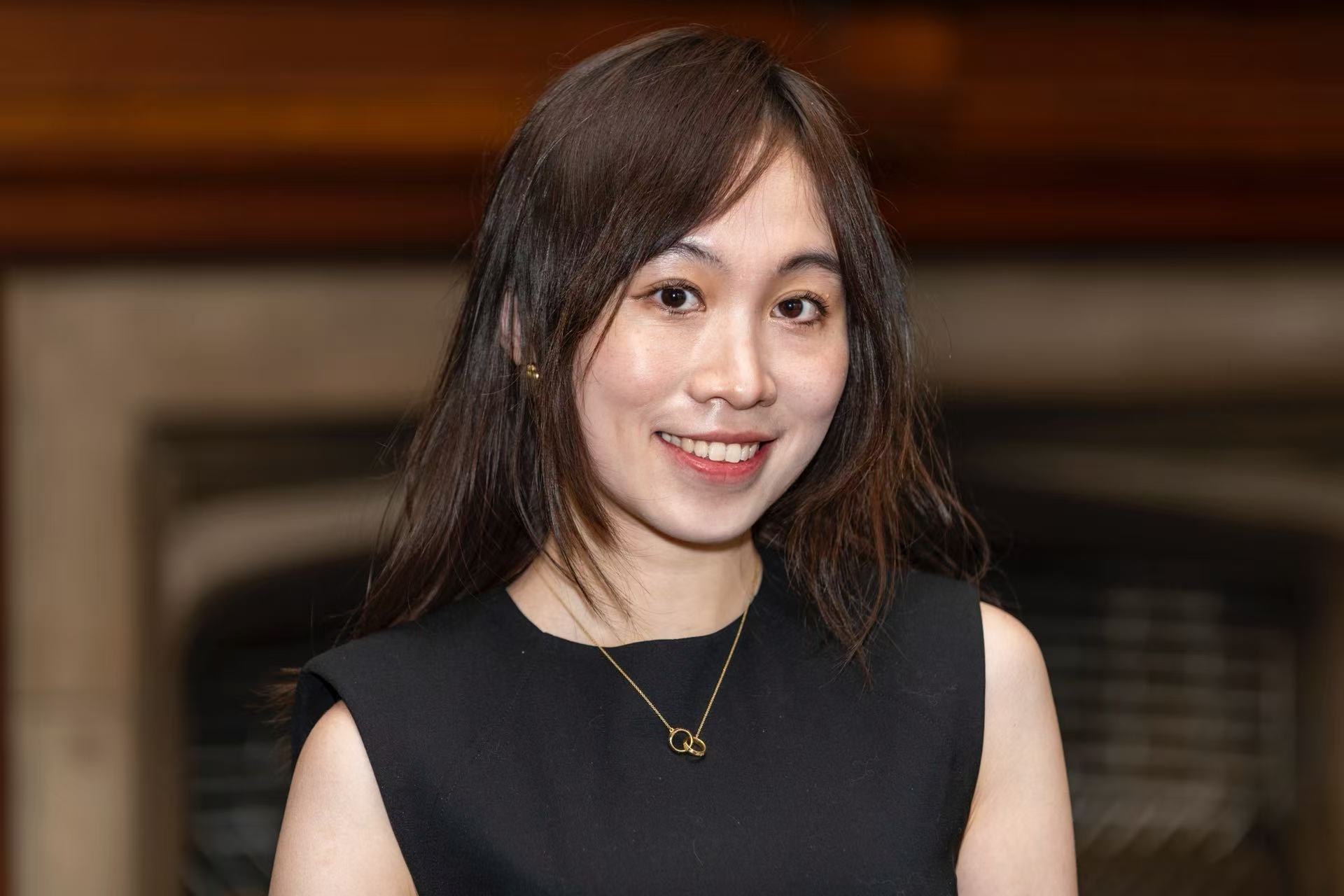Lingnan He

Ph.D. Candidate in Political Science
University of Chicago.
Hi! I am a Ph.D. candidate in Political Science at the University of Chicago. I study comparative politics and international political economy. My dissertation aims to address how authoritarian countries can strategically leverage institutional adjustments to mitigate risks and shape foreign economic relations.
Research
Working Papers
-
Quick Fix or Overhaul: Judicial Adjustments to Persuade Foreign Investors
▶ Abstract
The paper compares how comprehensive reforms and interventions shape investors’ policy learning differently, explaining why governments facing credibility deficits undertake comprehensive changes to attract foreign investment. I build a dynamic model which predicts that comprehensive judicial reforms are more likely when the policymaker urgently requires foreign investment, or the targeted foreign investors are particularly sensitive to risks of judicial expropriation. To empirically examine the main predictions, this paper employs a staggered difference-in-difference approach, utilizing multiple datasets in the context of China. I use court-level data on the adoption timing of legal reform, the winning rate of local firms, and the number of cases filed from 2014 to 2020. The findings show that provinces experiencing higher demand for foreign capital, especially those neither too reliant nor too disconnected from major external markets, are more likely to launch real reforms that systemically limit local favoritism. In times of increasing trade tensions, the findings improve our understanding of the political economy of trade and reform.
-
Where Corruption Feels Like Home: Institutional Similarities Driving Investment
▶ Abstract
The paper examines how in a multipolar world of “unconditional capital,” authoritarian governments can strategically substitute between Western and non-Western investors, eroding the leverage that once linked FDI to institutional improvement. To formalize this dynamic, the paper constructs a dynamic game where a continuum of host countries choose their alignment based on which hegemon’s ideal they most closely resemble, and whether the investment returns justify switching. I test these theoretical predictions using U.S. FDI data from 1982 to 2023 and Chinese FDI data from 2005 to 2023. I leverage the 1988 and 2012 amendments of the Foreign Corrupt Practices Act (FCPA), which acts as a natural experiment by imposing stricter anti-corruption rules on U.S. firms overseas. Ultimately, this paper challenges the mainstream view that FDI from high-institution environments necessarily spurs host-country governance improvements.
-
Negotiating Across Dual Dimensions (with Shiyan Cao)
▶ Abstract
Can deeper economic engagement lead to meaningful changes in a country’s trading partners? How do countries’ stakes evolve over the course of the bargaining process? This paper develops a dynamic model on the evolving policy bargaining over two dimensions between a developing nation (Country A) and its Western counterpart (Country B). At the beginning of the game, economic cooperation initially aligns A's policy with B's ideal through mutual trade benefits. As economic cooperation continues, Country A’s policy space, meaning its ability to pursue independent policies, gradually expands. This gives Country A more leeway to adopt non-economic policies, such as environmental or security policies, that might go against Country B’s interests. We first show that without a binding treaty, cooperation only persists if trade benefits outweigh the costs of political divergence. Over time, Country A moves its non-economic policy closer to its ideal point, which may diverge from Country B’s expectations. Next, we show that a pre-negotiated treaty, specifying certain policies and a duration of cooperation, can limit Country A’s policy deviation. We characterize a range of possible treaties and show that although the treaty’s binding power weakens over time, both countries’ welfare improves because the treaty helps sustain cooperation and reduces uncertainty.
Publications
- “Political Participation in China” (with Dali L. Yang). In Changes and Continuities of Social and Political Values in China, eds. Ronald Inglehart and Yang Zhong, University of Michigan Press, 2024.
- “The Enigma of Political Trust in China” (with Dali L. Yang). Taiwan Journal of Democracy, December 2019.
Contact
Email: lingnan@uchicago.edu